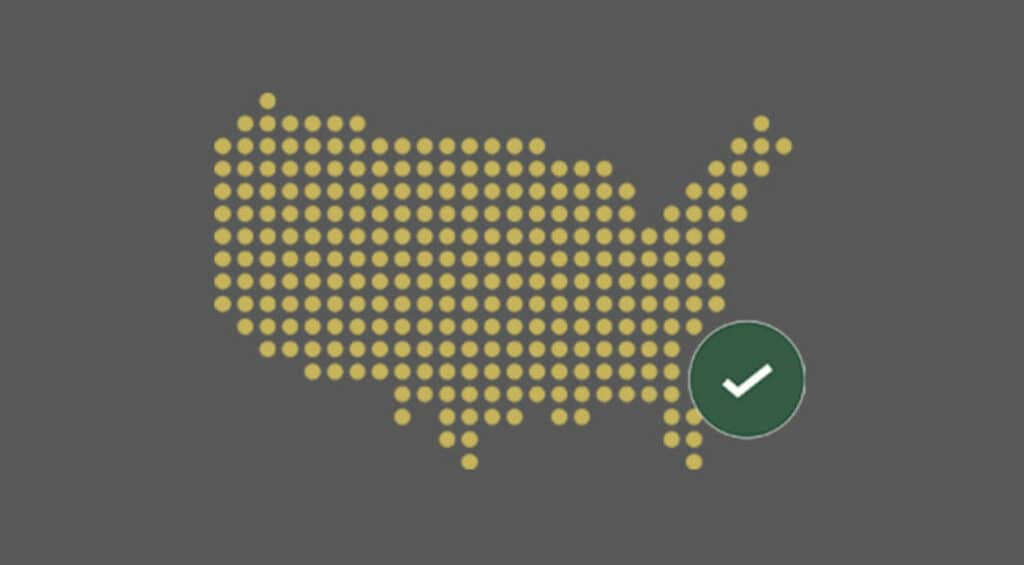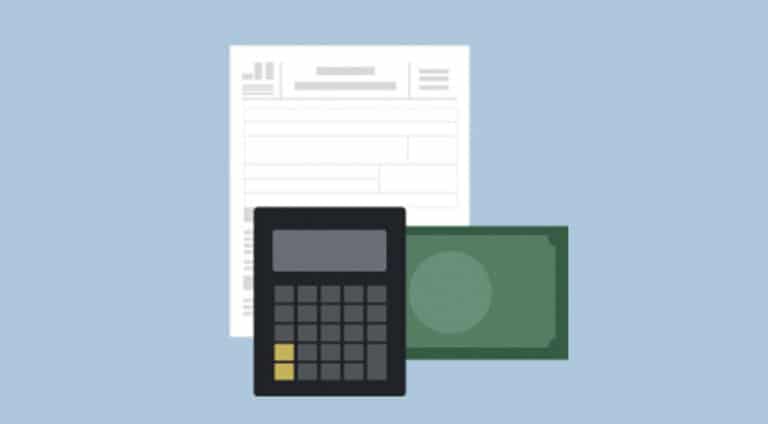Lately, I’ve been thinking about connections, technology, and, of course, lawyers. And about how they all fit together.
First, connections. I’ve seen a few different lawyer communities spring up online over the last few years. I’ve even been asked how this relates to what I’m up to. There’s much to be said here but, at the very least, it’s interesting how these groups are building connections between participants within the legal ecosystem.
Next, technology. I’m still amazed by how the internet connects disparate individuals across geographic or social distances. From bloggers, to social media connections, to Uber drivers (about whom Uber riders know nothing other than, usually, that other riders have had a good experience with them and Uber agrees to vouch for them) and AirBnB hosts (we see a few pictures on the internet, examine what others have said about a place and put money down, site unseen, to sleep on someone’s couch or in their spare room), the internet (whether for financial or purely altruistic means) is incredibly effective at connecting people and building trust between them where such trust might not have otherwise existed.
Finally, lawyers. One of the most valuable aspects of what lawyers sell is expertise. And expertise is very costly to acquire regardless of whether it’s general expertise in the form of familiarity with the legal system (restricted in quantity by the monopoly granted to lawyers), or specialized expertise in the form of deep knowledge about a particular area of law or on a particular topic (restricted due to the investment of time needed to acquire such knowledge). However, as technology permeates the legal sector the internet will do what it does best: build connections and democratize access to what was previously expensive expertise.
Looking at the legal tech landscape there are a few specific ways the internet is building connections to democratize legal expertise:
1) Question and Answer Forums
Question and answer forums are one of the internet’s earliest ways of democratizing expertise and examples of these forums in legal abound. Starting with the early internet celebrity Marcus Arnold a 15 year old boy who established himself as a legal expert on the website askme.com, to LawPivot’s early success and acquisition by RocketLawyer, to Avvo’s question and answer forum.
2) Community
There are a number of online communities in which legal expertise is readily shared. LawyerSmack, Lawyerist Lab Community, LegalHackers, or even the ABA SoloSez listserv are places that lawyers share expertise with each other. Beyond that legal questions on Quora, r/LegalAdvice on Reddit (with more than 20 million monthly views), and many other areas of the internet that cover more niche legal topics are great examples of communities where legal expertise is freely and readily shared online.
3) Education and Training
The internet is also democratizing legal education and training. There’s the basic evolutions that one would expect, such as acceptance of online and remotely delivered continuing legal education, or CLE. Beyond that, companies like Hotshot Legal, Talks on Law, and Outkick CLE are also challenging, changing, and reinventing CLE and legal training. Still further, there are also the checklists, forms, and web tools of companies like Practical Law (which was ultimately acquired by Thomson Reuters). These all make the acquisition of legal expertise easier.
4) Marketplaces
Finally, there are marketplaces. No sooner than internet commerce was possible, marketplaces followed. Marketplaces allow for free flow of information and expertise between willing buyers and sellers. Yet, despite their obvious power and benefits, there there is no clear winning legal marketplace, particularly not one that connects consumers with lawyers. Some, like Axiom, have brought technologically-enhanced staffing to legal services, but others, including the one on whose site you currently reside – LAWCLERK (you knew I was going to go there) – bring a true marketplace in which buyers and sellers interact freely and directly to legal. Still the adoption and penetration of online marketplaces in legal remains relatively low.
While the internet revolution is now decades old, the power of technologically-enhanced connections in legal is far from fully realized. While the reasons for this could be many – consumer discomfort in handling legal problems online, regulatory hurdles, financial obstacles created by the law firm business model – I believe at least one is, potentially, that legal professionals struggle to understand how to best capitalize on the power of technology.
The next post will pick up with marketplaces and make some specific suggestions to facilitate their more ready adoption and use of expertise available through marketplaces.






